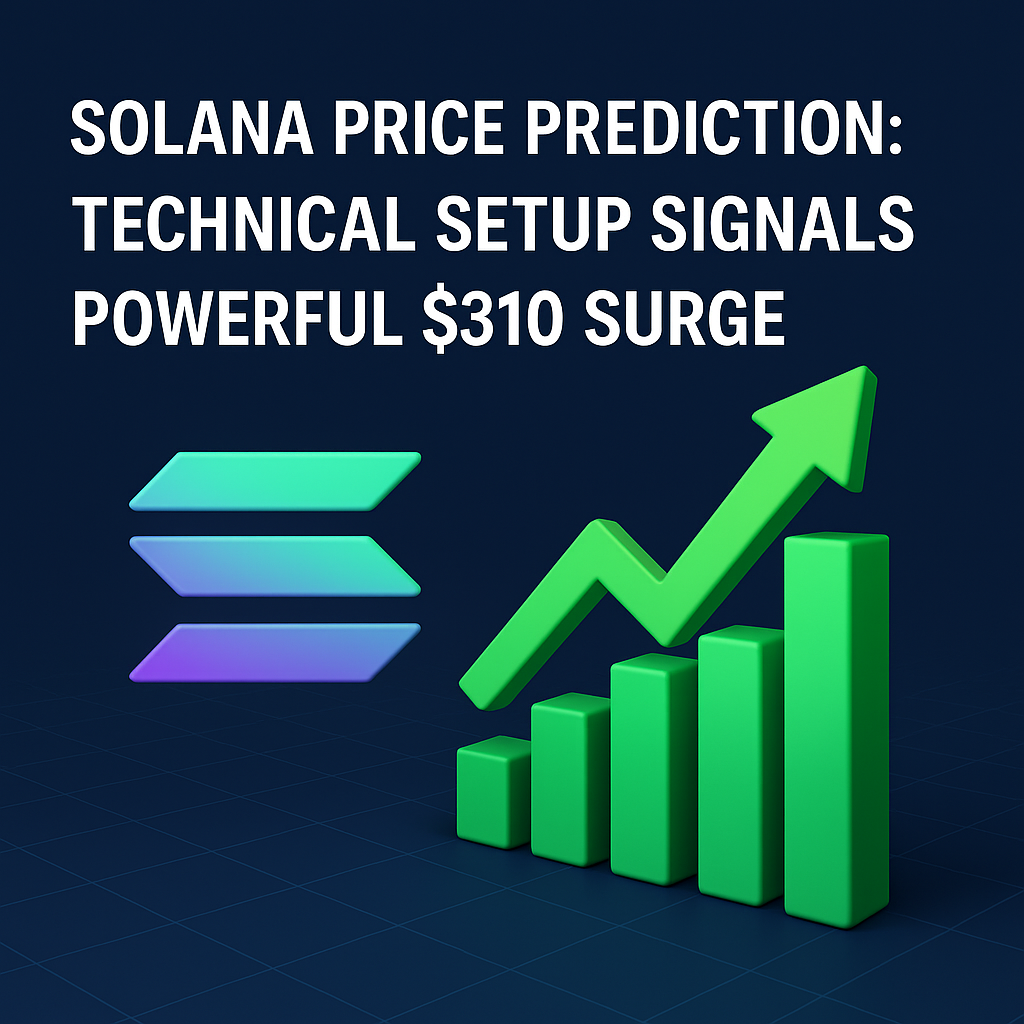A recent investigation reveals South Korean lawmakers are Holding PEPE, XRP, BTC, along with several other digital assets. This revelation has ignited intense debates about ethics, transparency, and potential conflicts of interest in one of Asia’s fastest-growing crypto hubs. What makes the findings more controversial is that many of these lawmakers are directly involved in creating and influencing policies that govern cryptocurrency in South Korea. Their personal investments raise questions about whether such holdings could affect their decision-making or regulatory stances.
Key Figures and Crypto Portfolios
The investigation highlights the crypto investments of specific lawmakers and their family members, providing insight into the depth of political involvement in digital assets:
- Jin Jong-oh (People Power Party): According to disclosed records, Jin owns 3,359 XRP, 8 XCORE, and 214 Paycoin (PCI). The total value of his crypto portfolio has reportedly grown from around $1,768 to nearly $9,579, underscoring the volatility and profitability of his investments.
- Jin’s Mother: His mother’s portfolio is even more extensive, signaling that digital asset exposure extends beyond lawmakers themselves. She holds Bitcoin , Chiliz, Sandbox, and over 3.2 billion PEPE tokens, revealing substantial risk exposure to meme coins and metaverse-related assets.
- Yang Moon-seok (Democratic Party): Another prominent figure, Yang disclosed 452.6 XRP, worth roughly $1,355, which was declared as part of his official asset report.
These findings illustrate that both ruling and opposition party members are invested in crypto, making it a bipartisan phenomenon.
Why This Matters: Ethics and Policy Concerns
The core concern is conflict of interest. Lawmakers who hold significant crypto assets are simultaneously tasked with writing laws that could impact the very markets they profit from. This dual role sparks fears about regulatory bias, where decisions may favor personal financial gain over public interest.
Critics stress the importance of stronger enforcement of asset disclosure laws. While South Korea has taken steps to tighten oversight, the recent revelations suggest that more rigorous systems are needed to ensure lawmakers maintain transparency and integrity.
Lessons from Past Scandals
This controversy is not without precedent. The Kim Nam-kuk scandal became one of the most high-profile political crypto cases in South Korea. Kim, a former Democratic Party lawmaker, was accused of hiding nearly $6.8 million in cryptocurrency profits. Although acquitted, the case fueled public outrage and prompted the introduction of the “Kim Nam-kuk Prevention Act,” which now requires politicians to declare their crypto holdings.
The current investigation builds on this context, showing that despite regulatory reforms, challenges around ethics and disclosure persist.
Wider Implications for South Korea’s Crypto Landscape
The revelations underscore the growing popularity of cryptocurrencies, not just among retail investors but also within the political class. This signals that digital assets are becoming mainstream in South Korea, with adoption cutting across age groups, professions, and now, the halls of power.
However, the situation also emphasizes the need for transparent governance, consistent regulations, and ethical safeguards. Without these, public trust in lawmakers and in the crypto market itself could be undermined.
Final Thoughts
The investigation confirms what many had speculated: South Korean lawmakers are indeed HODLing PEPE, XRP, and BTC. These holdings reveal both the allure of crypto and the risks of blurred lines between personal finance and public duty. As South Korea continues to refine its regulatory framework, credibility, fairness, and transparency will remain critical. For policymakers, investors, and the public, this episode serves as a reminder that the future of crypto will be shaped not just by markets, but by those who govern them.



